Menu
How Picky Do I Need to Be?
When it comes to ground manners on a driving horse, it is imperative that you be picky! Your life depends on it. A horse that doesn’t stand when being put to a vehicle, runs over the header when hitched, or rubs to pull off the bridle is a danger to you and the rest of the carriage driving community. Many of our students are absolutely shocked at what we require of our horses in terms of ground manners. It wasn’t always that way, but when we learned how picky some of our favorite carriage drivers were with their horses, we upped our game. Suddenly, that little wiggle while standing when harnessing became a big deal. That step forward or sideways while putting to the vehicle was disastrous. That rubbing of the bridle on my shoulder was downright annoying!
Winter is a great time for groundwork in the barn aisle if you lack a great place to drive, or even if you don’t. Sometimes, the weather isn’t necessarily conducive to being outside for a long time, so short groundwork lessons can be the perfect opportunity to spend quality time with your driving horse. Here are a few lessons to consider:
Winter is a great time for groundwork in the barn aisle if you lack a great place to drive, or even if you don’t. Sometimes, the weather isn’t necessarily conducive to being outside for a long time, so short groundwork lessons can be the perfect opportunity to spend quality time with your driving horse. Here are a few lessons to consider:
- If your horse has a nasty habit of not standing stock still when you harness or work with him in other ways, set his feet square with the halter (so you can absolutely tell when he has moved), and if he moves, put his feet back. If/when he moves again, put him back…and again…and again…and again. We use the voice commands “Set” and “Stand” in the process. Eventually, he will get tired of you “yanking” on his halter and will decide that it is easier to stand. Set yourself up for success. Don’t work on this lesson when you are in a hurry. Stay calm. If the horse is worried about something else, like the rest of the herd running around the pasture, don’t “fight” with him at that time. Keep the time that you require him to stand short and move him off before he moves himself. There are whole lessons written on Stand, so this is just a quick description to get you to think about it.
- Moving laterally away from the whip. Tap him lightly on the side to get him to step to the opposite side. We use the vocal command “Over”. If he thinks about moving, quit tapping and reward him with a “good boy!” By “thinks”, I mean pay attention enough so that you can see if he shifts his weight in preparation to move. Then go back to tapping again, paying attention to those little movements. Eventually, increase the requirements for sideways movement before quitting your taps. A smart horse will get this quite quickly. Repeat for both sides.
- Waiting to open the stall door before moving. Our horses are required to stand and wait for us to put the halter on to lead them out, and not move even with the stall door slid wide open. Just because the door is open does not mean they get to charge over us to leave. They are required to wait for a vocal “ok” or “walk on” before moving. If they move, put them back.
- Rubbing the bridle. Sweaty horses don’t like the feeling of the bridle on their sweaty head any more than we like sweaty underwear stuck to us! However, rubbing the bridle or halter is downright dangerous and should definitely not be tolerated! We need to make sure that wrong behavior has worse consequences than the discomfort of the sweaty bridle. If my horse goes to rub on me, they are met with a good solid bump on the cheek! I’m not going to hurt them or make them headshy when they are bumping into me, but they need to be able to feel that choice was the wrong one! Timing is everything and it has to be immediate and concerted. After the bridle is removed, THEN I will take my hand and rub their itchy spot. But they have to understand that they can’t rub on me first.
- Choosing a selection results in a full page refresh.

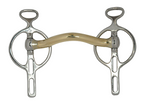

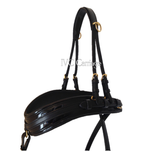
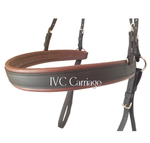
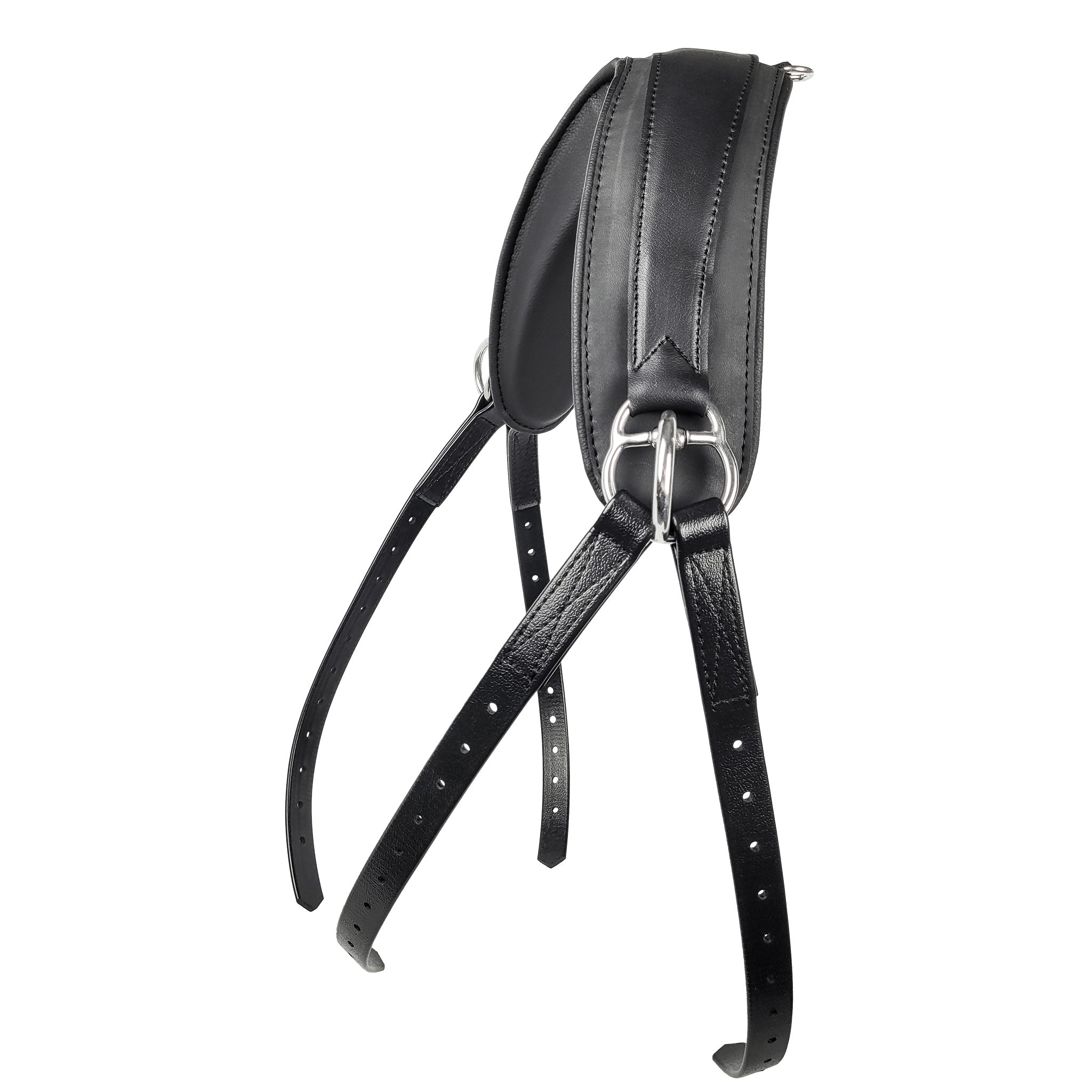
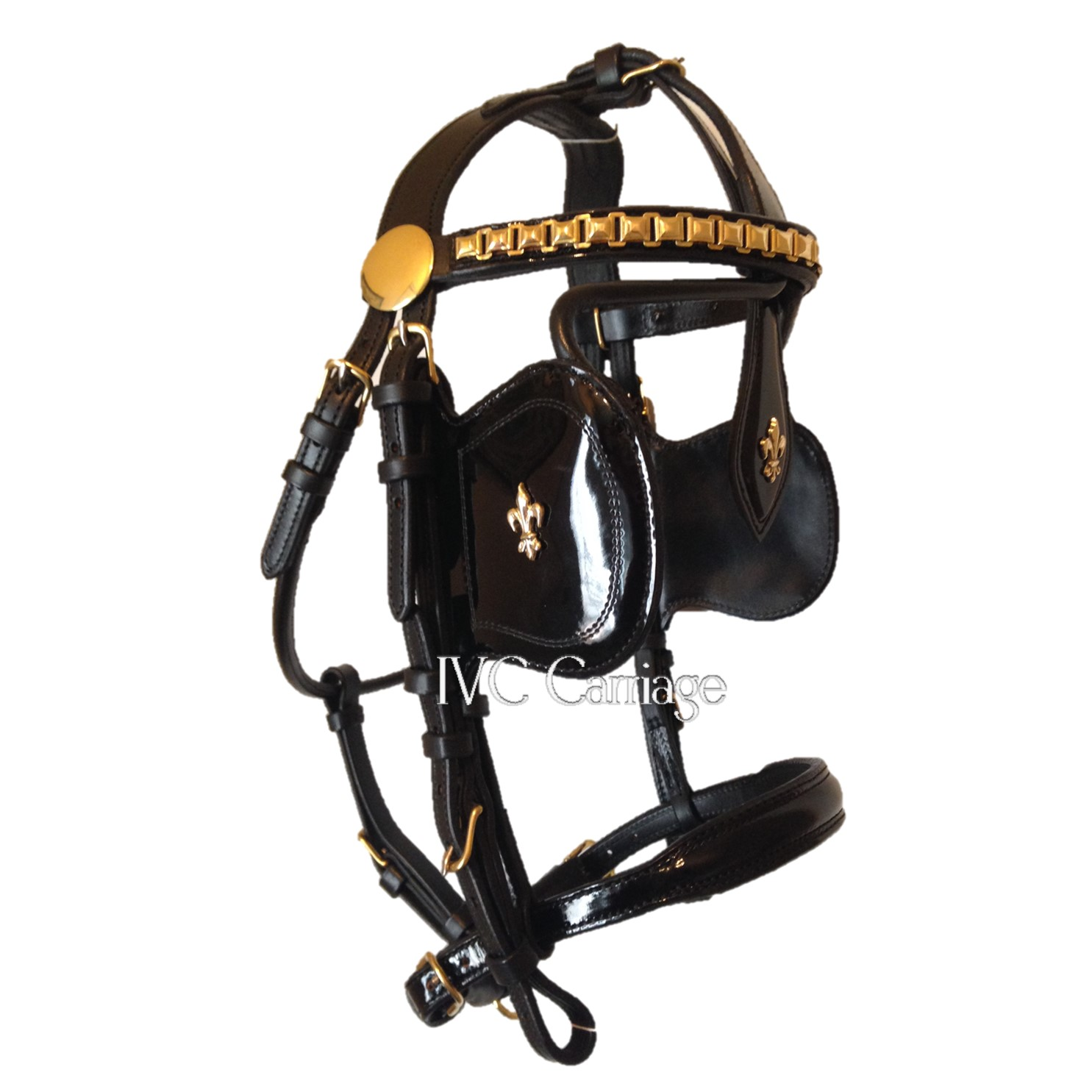
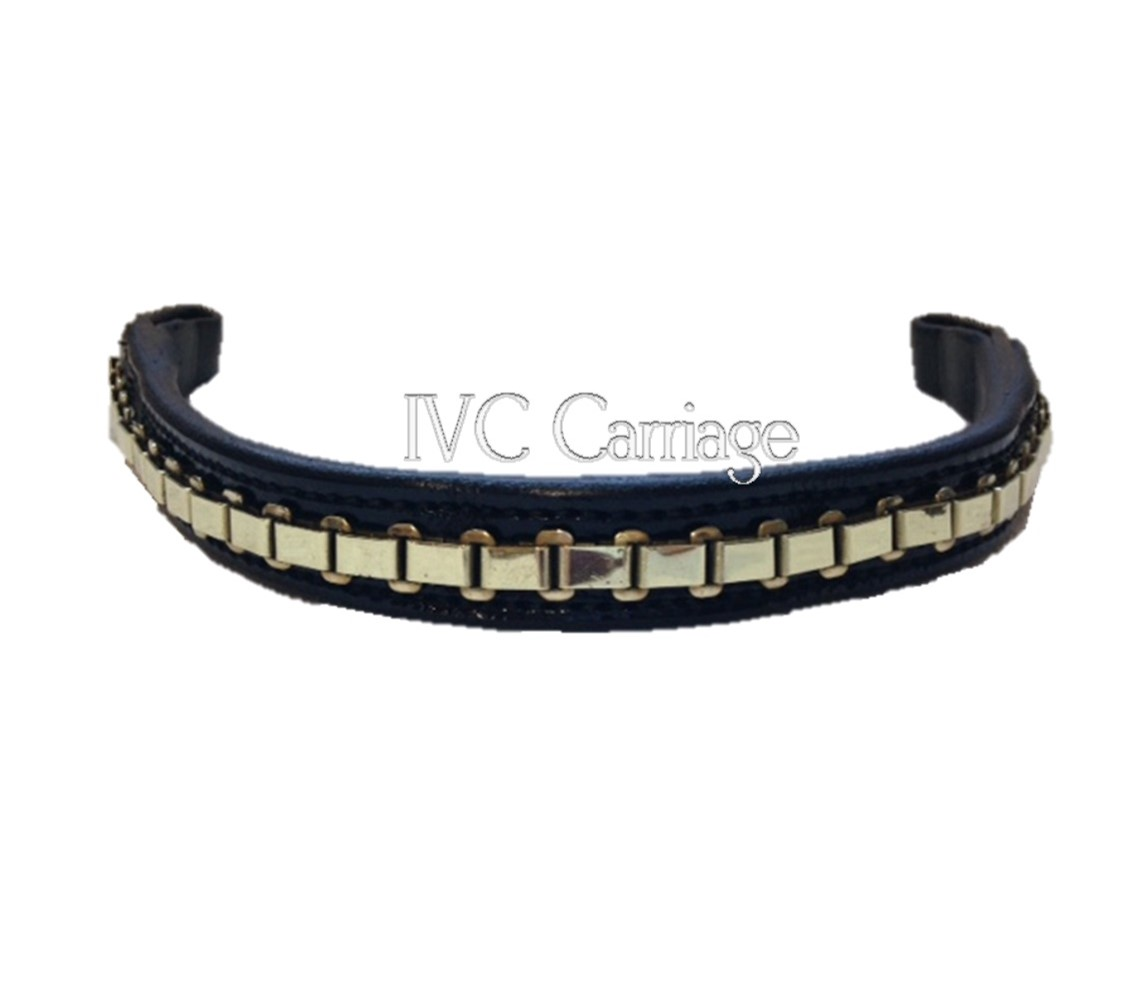
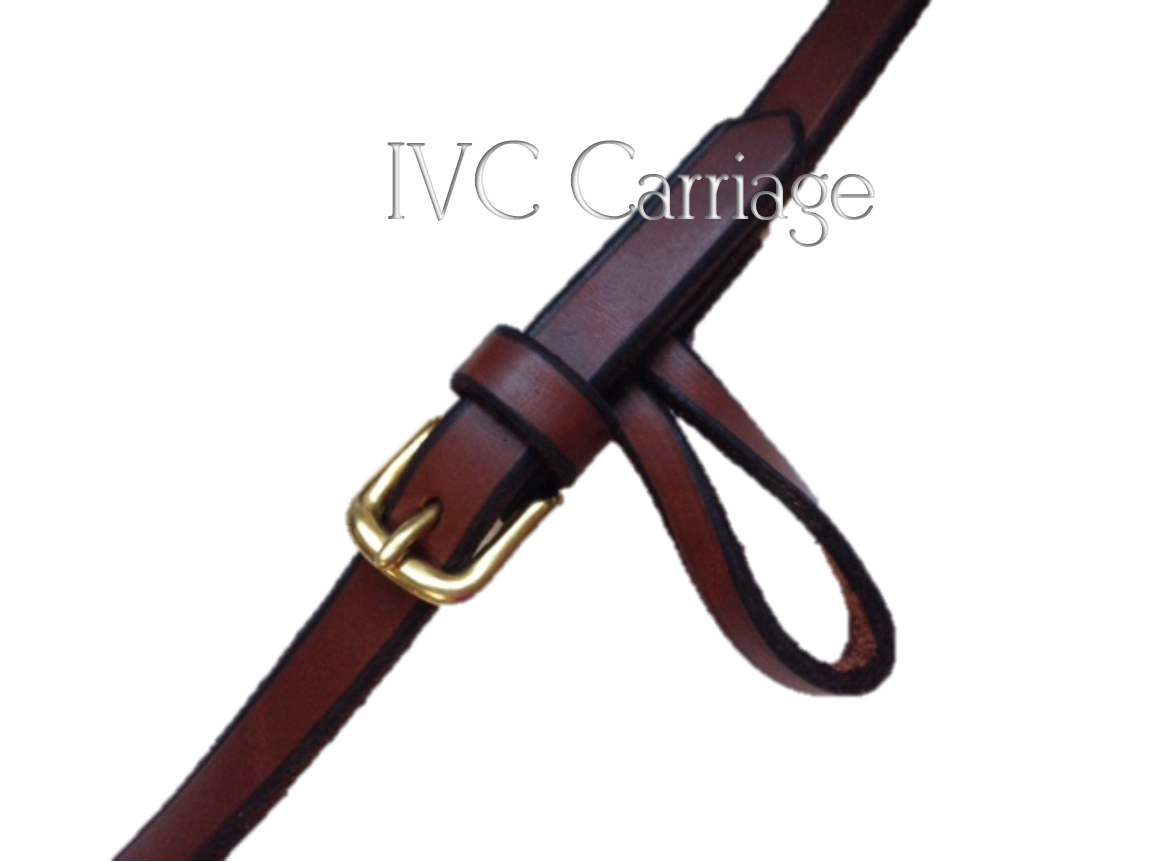
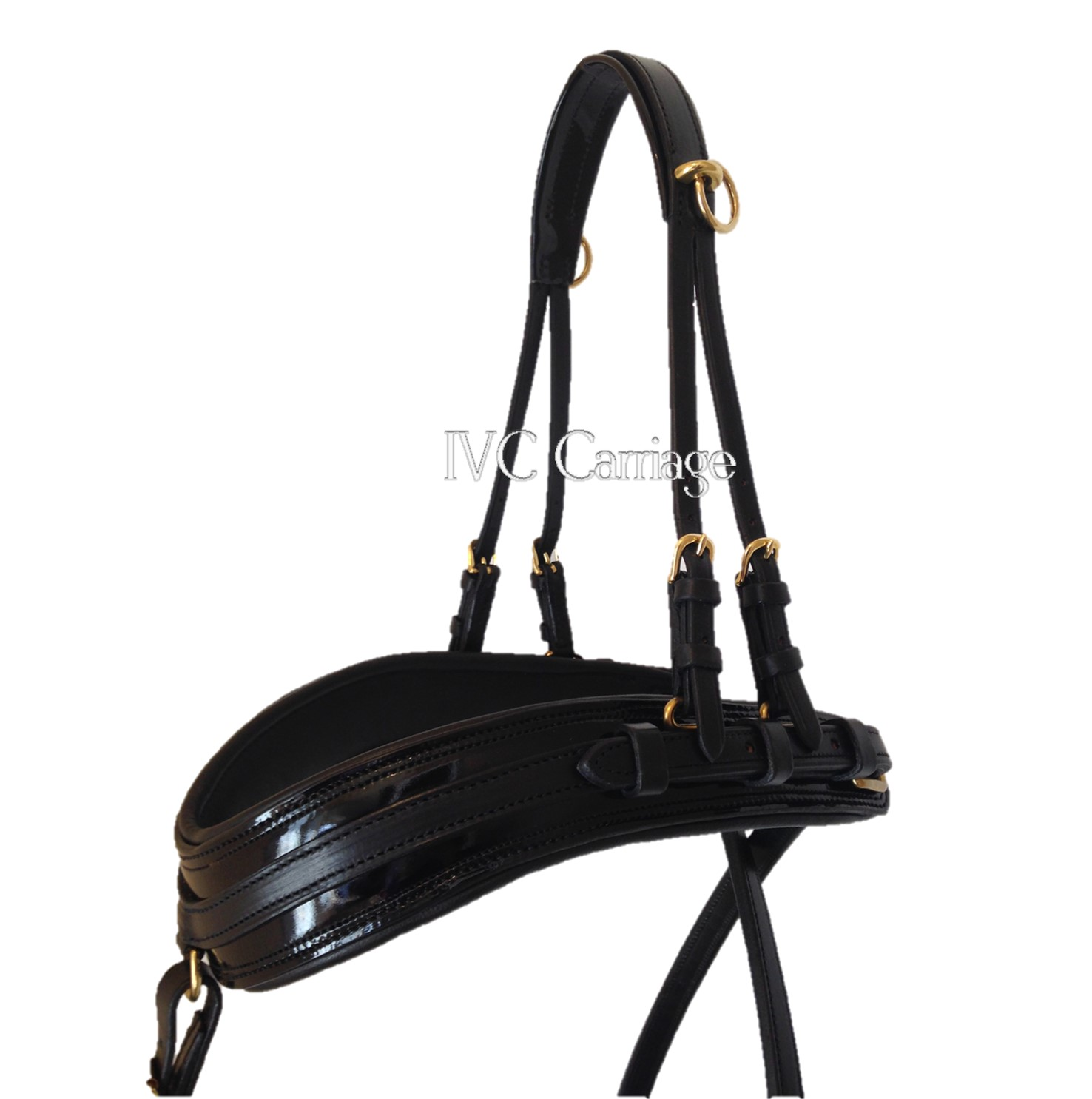
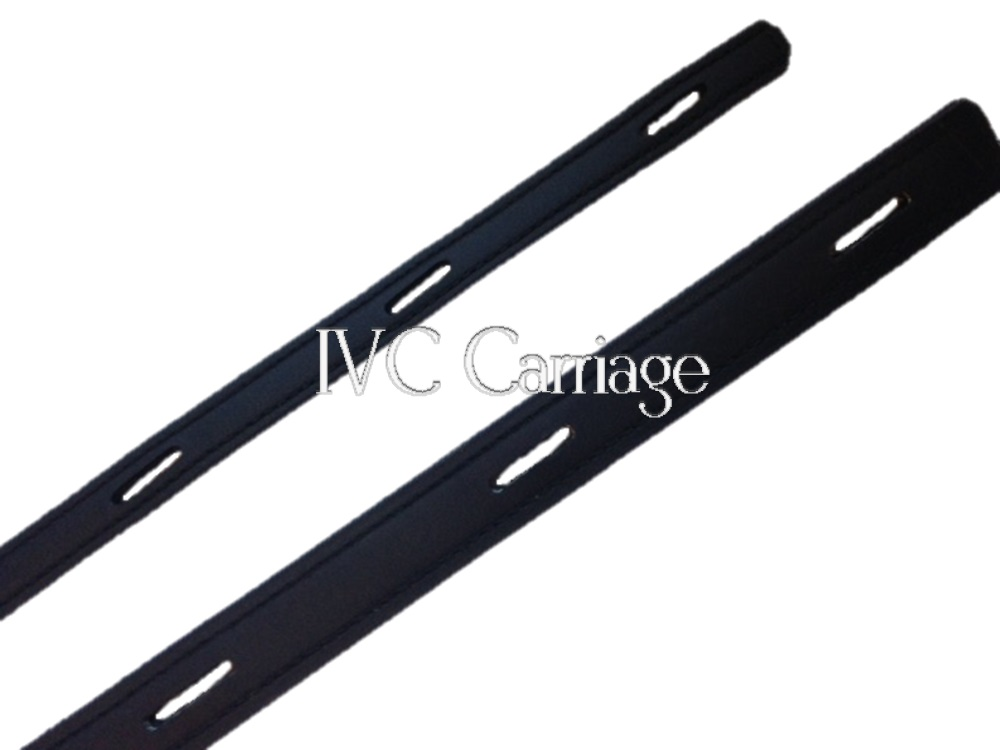
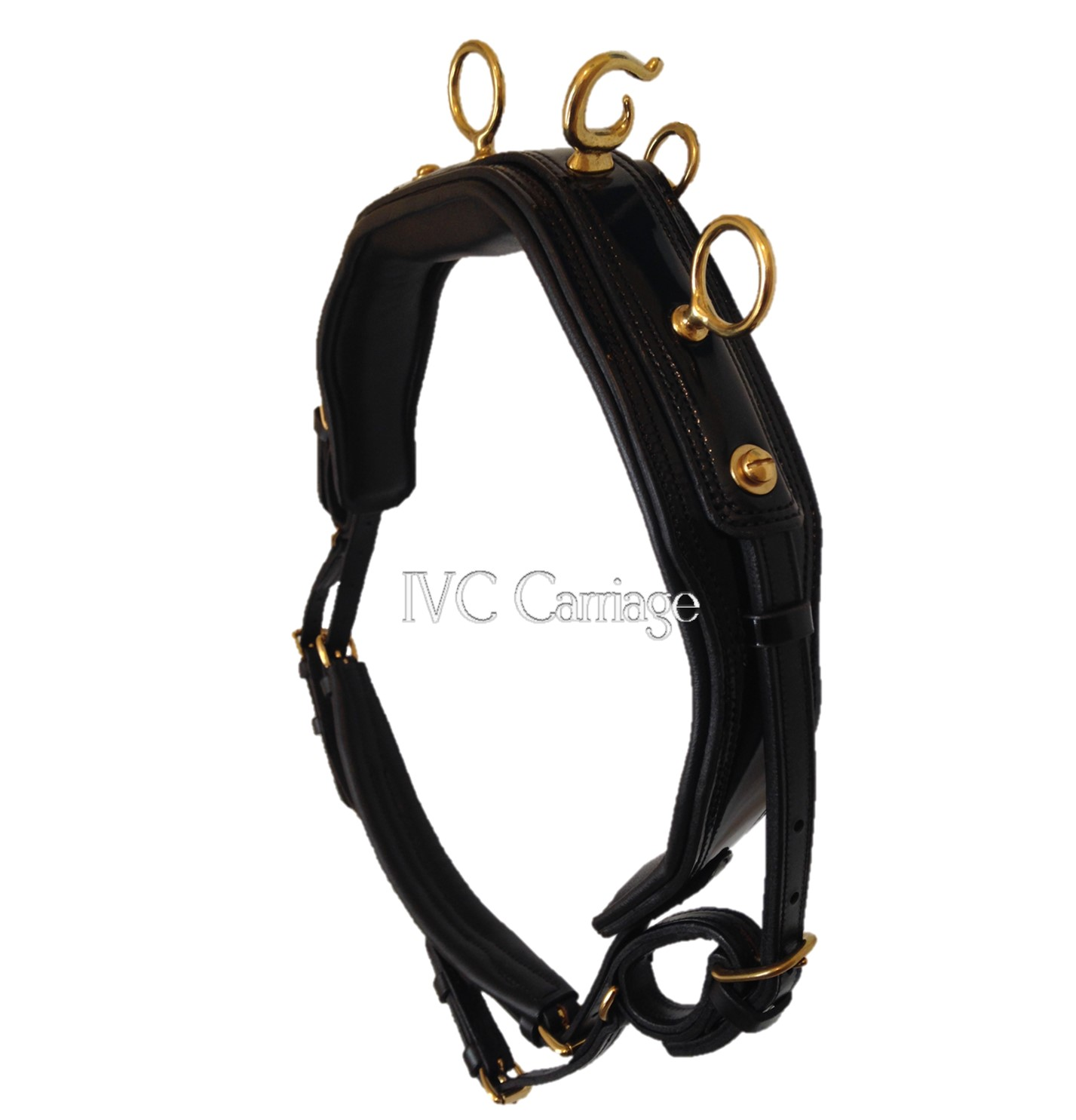
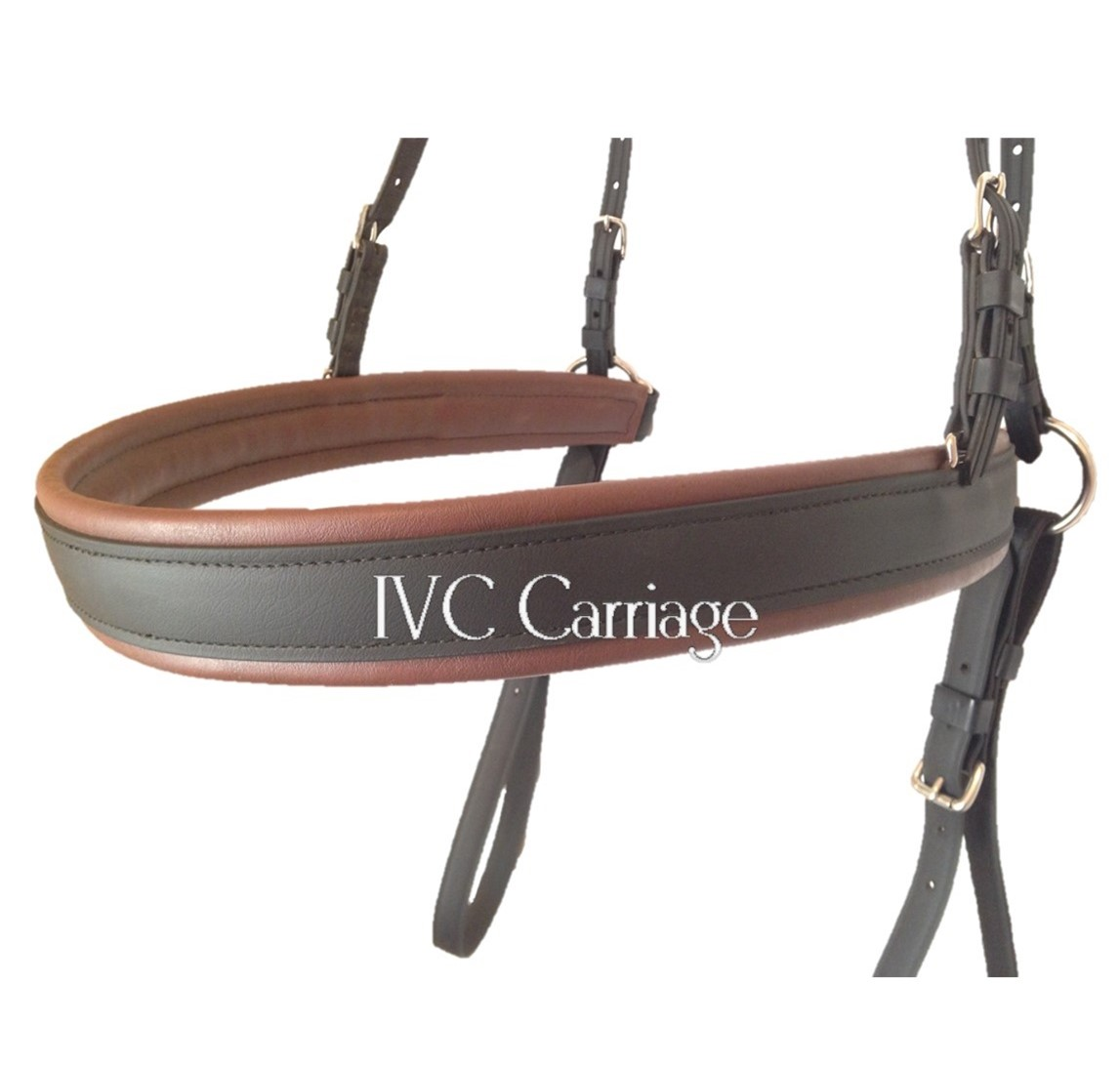
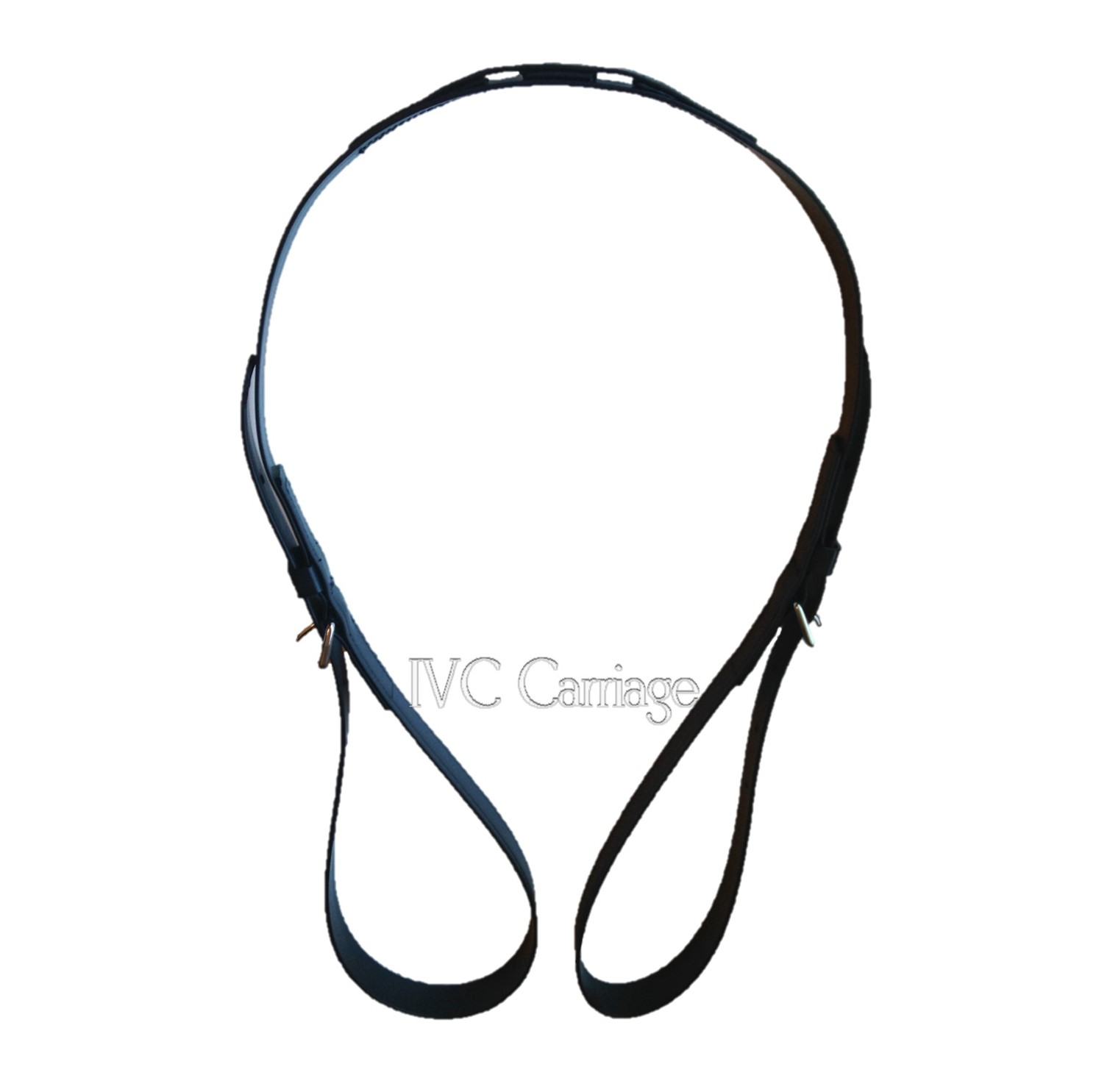
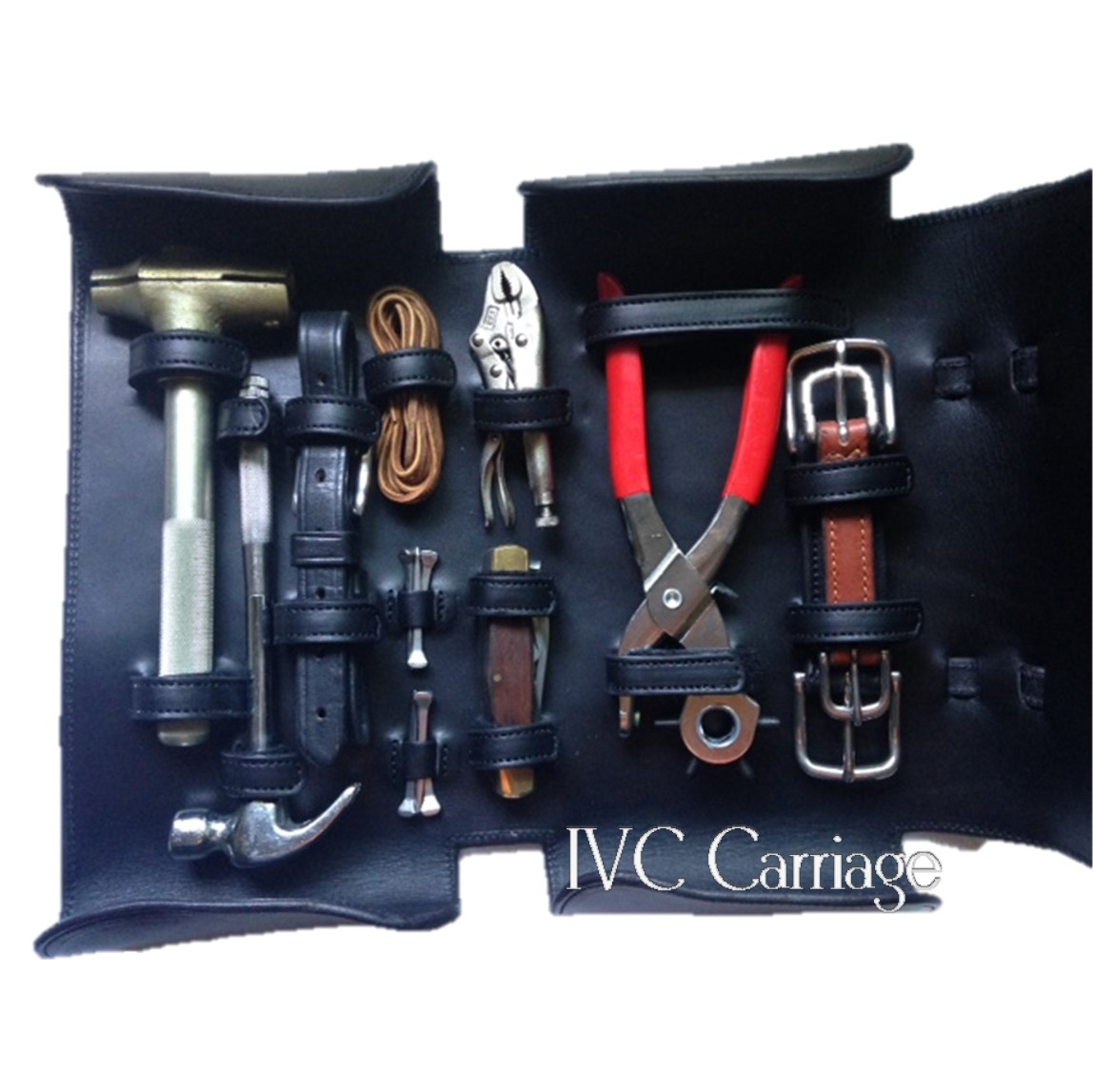

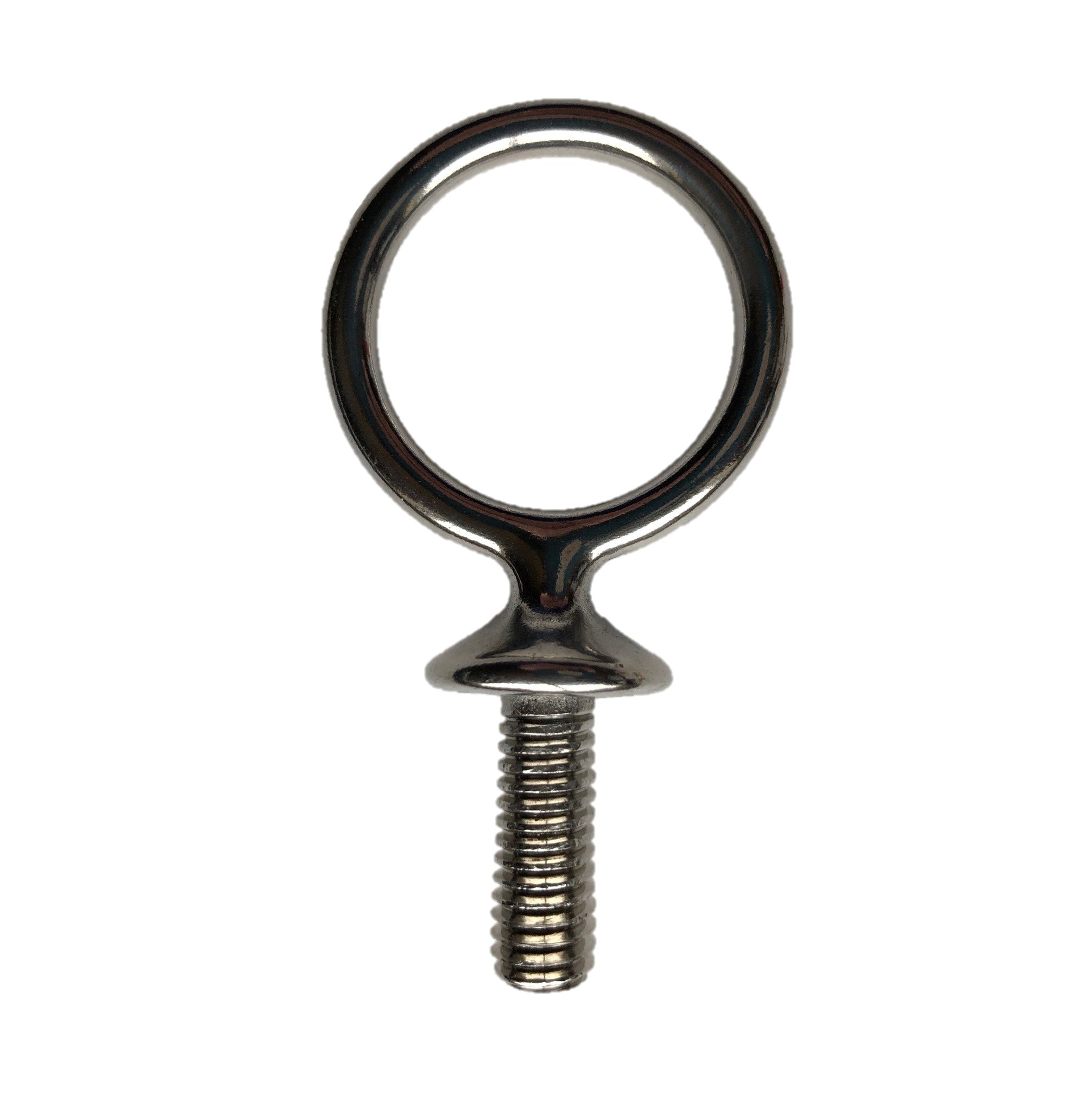
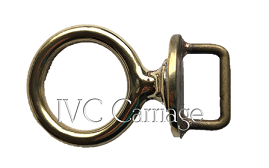
7 comments
Debbie Gardner
Really enjoyed that article !
Linda
What a great post! People always think I am way too strict with my horses, but strict leads to leadership, respect and a great equine to work with. Well said, and THANK YOU for saying it!
Linda H
Truth! A well mannered horse is Always a pleasure to be around. Like Tina Y said, people say I’m picky about my horse’s manners (like its a bad thing) while commenting how good they are. Well Duh! Great horses aren’t born, they’re made.
Tina Y
Yes, yes, yes! I see so many wrecks waiting to happen because of poor ground manners, in both riding and driving horses. People give me grief about how picky I am about ground skills…and then praise my horse’s behavior with the next breath and somehow don’t seem to make the connection. All the little things you let slide on the ground add up to big things when the horse has to choose what to do in a crisis.
Connie JOhnson
Great article. So true and very important for everyone. New or experienced.